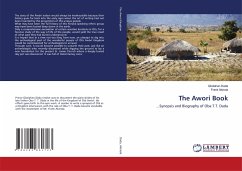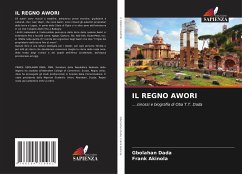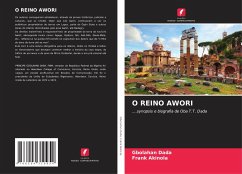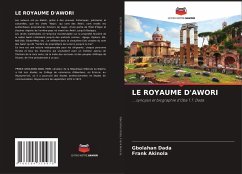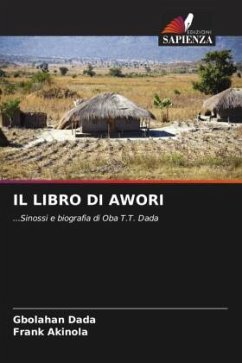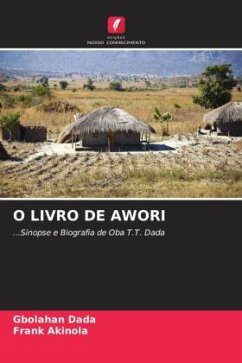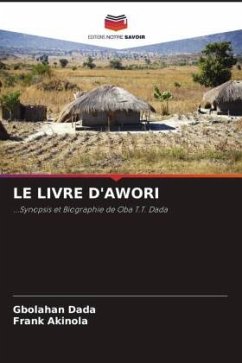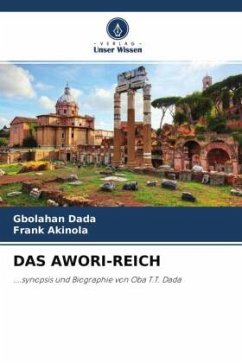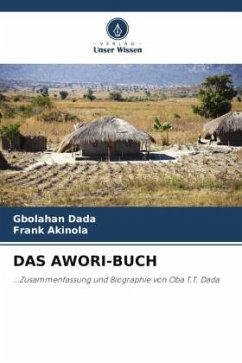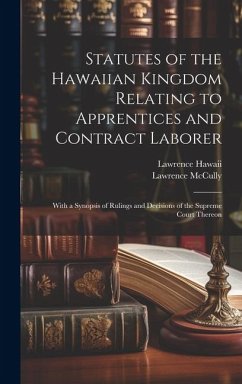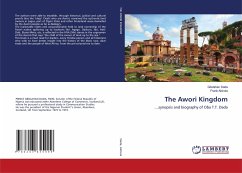
The Awori Kingdom
....synopsis and biography of Oba T.T. Dada
Versandkostenfrei!
Versandfertig in 6-10 Tagen
47,99 €
inkl. MwSt.

PAYBACK Punkte
24 °P sammeln!
The authors were able to establish, through historical, judicial and cultural proofs that the 'Idejo' Chiefs who are Àwórì, remained the authentic land owners in Lagos, part of Ògùn State and other hinterland areas domiciled by the Àwórì people as far as Badagry. The inalienable rights and unquestionable hold to land ownership of the Àwórì nation spanning up to locations like: Agege, Ojokoro, Ìdó, Adó-Odò, Ebute-Meta, etc, is reflected in the fifth (5th) stanza in the cognomen of the Àwórìs that says "the child of the owner of land up to the sea." This book is a must read for...
The authors were able to establish, through historical, judicial and cultural proofs that the 'Idejo' Chiefs who are Àwórì, remained the authentic land owners in Lagos, part of Ògùn State and other hinterland areas domiciled by the Àwórì people as far as Badagry. The inalienable rights and unquestionable hold to land ownership of the Àwórì nation spanning up to locations like: Agege, Ojokoro, Ìdó, Adó-Odò, Ebute-Meta, etc, is reflected in the fifth (5th) stanza in the cognomen of the Àwórìs that says "the child of the owner of land up to the sea." This book is a must read for leaders, every Yòrùbá person and all historians who wish to have better insight into the history of the black race, slave trade and the people of West Africa, from the pre-colonial era to date.
The authors were able to establish, through historical, judicial and cultural proofs that the 'Idejo' Chiefs who are Àwórì, remained the authentic land owners in Lagos, part of Ògùn State and other hinterland areasdomiciled by the Àwórì people as far as Badagry.
The inalienable rights and unquestionable hold to land ownership of the Àwórì nation spanning up to locations like: Agege, Ojokoro, Ìdó, Adó-Odò, Ebute-Meta, etc, is reflected in the fifth (5th) stanza in the cognomen of the Àwórìs that says "the child of the owner of land up to the sea."
This book is a must read for leaders, every Yòrùbá person and all historians who wish to have better insight into the history of the black race, slave trade and the people of West Africa, from the pre-colonial era to date.
The authors were able to establish, through historical, judicial and cultural proofs that the 'Idejo' Chiefs who are Àwórì, remained the authentic land owners in Lagos, part of Ògùn State and other hinterland areasdomiciled by the Àwórì people as far as Badagry.
The inalienable rights and unquestionable hold to land ownership of the Àwórì nation spanning up to locations like: Agege, Ojokoro, Ìdó, Adó-Odò, Ebute-Meta, etc, is reflected in the fifth (5th) stanza in the cognomen of the Àwórìs that says "the child of the owner of land up to the sea."
This book is a must read for leaders, every Yòrùbá person and all historians who wish to have better insight into the history of the black race, slave trade and the people of West Africa, from the pre-colonial era to date.



